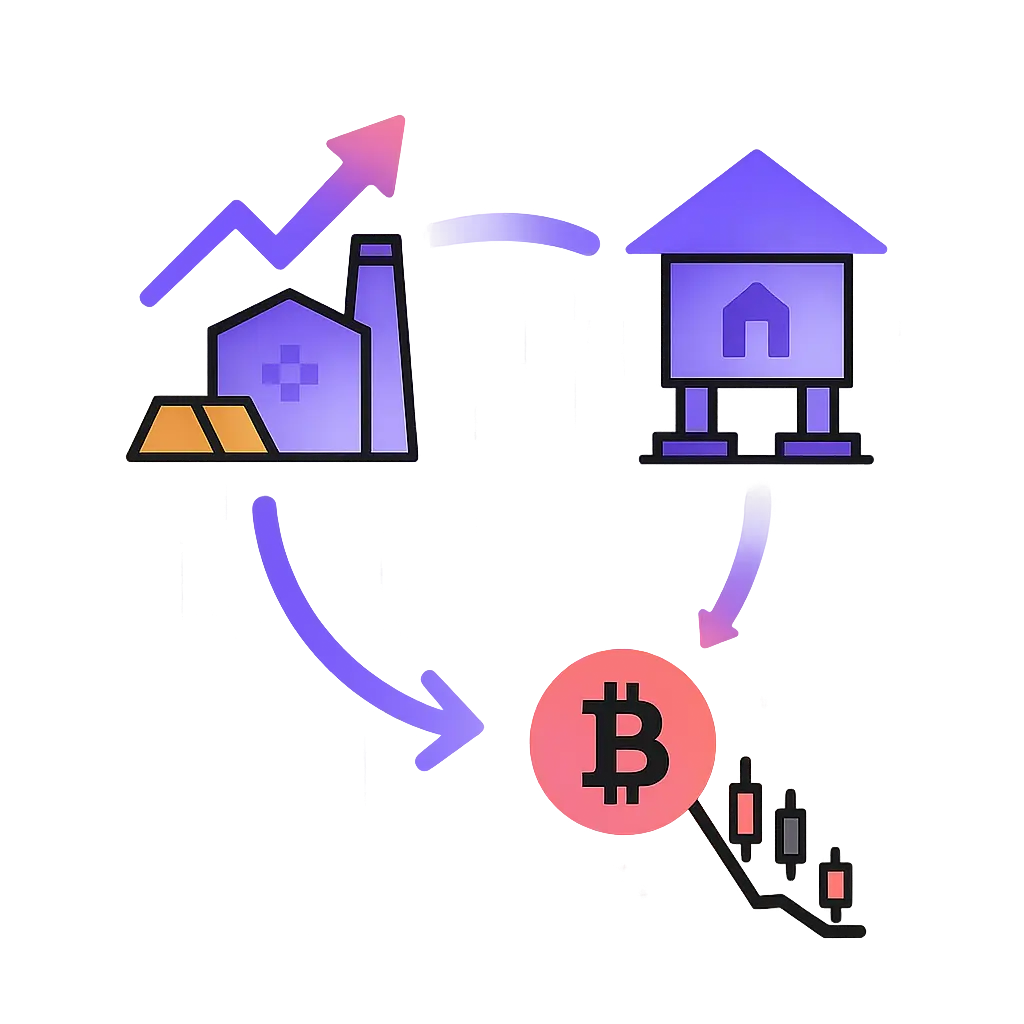.png)
Quant Beats Experts at Forecasting

Did you know research shows expert forecasts often fail to outperform simple models—or even random chance? This idea, known as the "seer-sucker theory," highlights how experts frequently miss the mark, struggling with confirmation bias and overconfidence in their judgment.
The Evidence
A seminal 1980 paper, "The Seer-Sucker Theory: The Value of Experts in Forecasting" by J. Scott Armstrong, found that expertise beyond a basic level often adds little value. From stock prices to football scores, Armstrong demonstrated that experts were no more accurate than novices in predicting outcomes.
Why Do Experts Fall Short?
- Confirmation Bias: Experts tend to focus on evidence that aligns with their beliefs, ignoring data that contradicts their views.
- Lack of Self-Awareness: Even professionals may not fully understand the processes behind their judgments, leading to flawed decisions.
The Quant Advantage
Quantitative models and systematic approaches avoid these pitfalls by relying on objective, data-driven methods. By eliminating emotional and cognitive biases, these models often deliver more accurate, reliable forecasts.
At Quantlake, we empower investors with proven quant strategies, helping them build wealth responsibly and avoid the emotional traps of human predictions.
Happy Long-Term Investing!
📖 For more insights, check out J. Scott Armstrong's seminal paper, "The Seer-Sucker Theory: The Value of Experts in Forecasting"
Romain Gandon, CEO & Founder of Quantlake
🔗 LinkedIn











